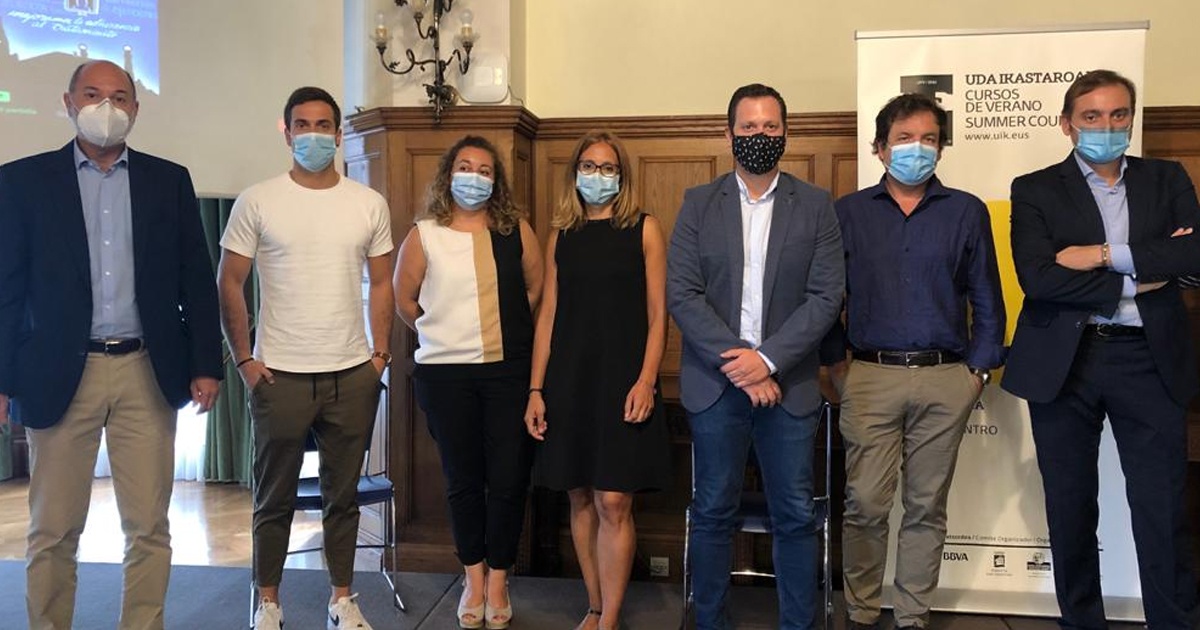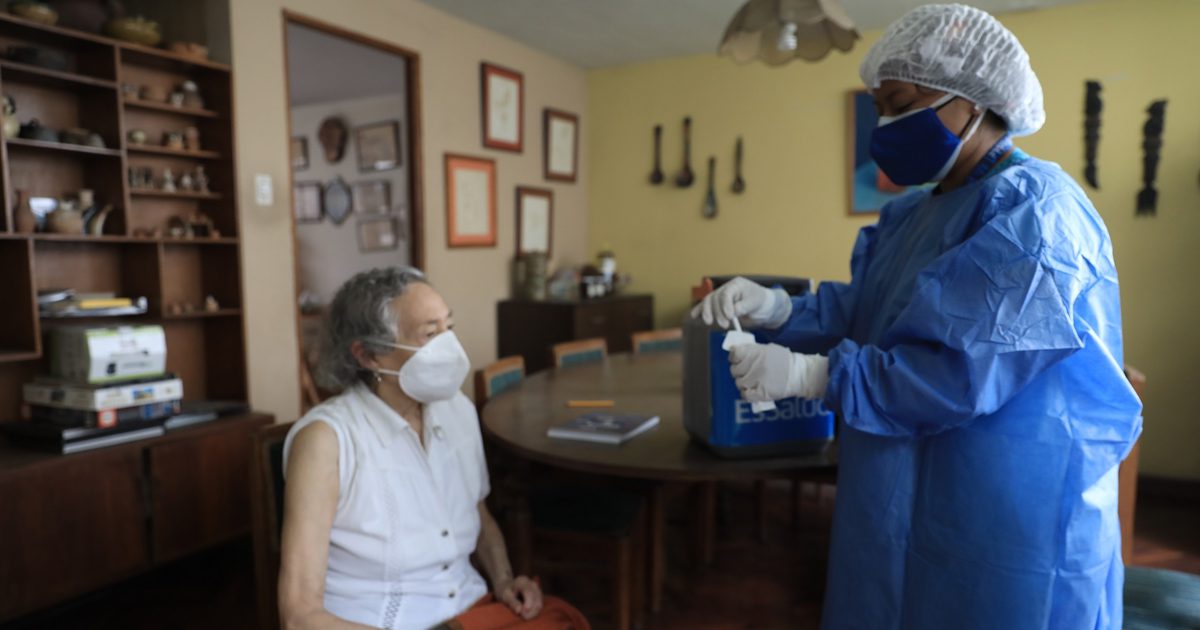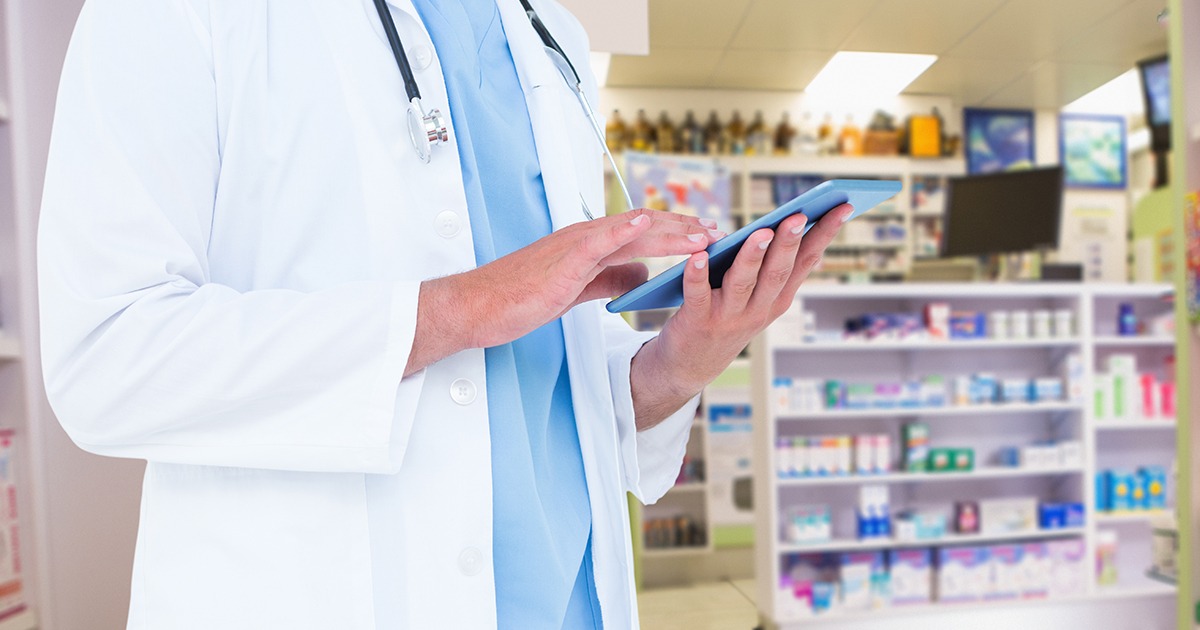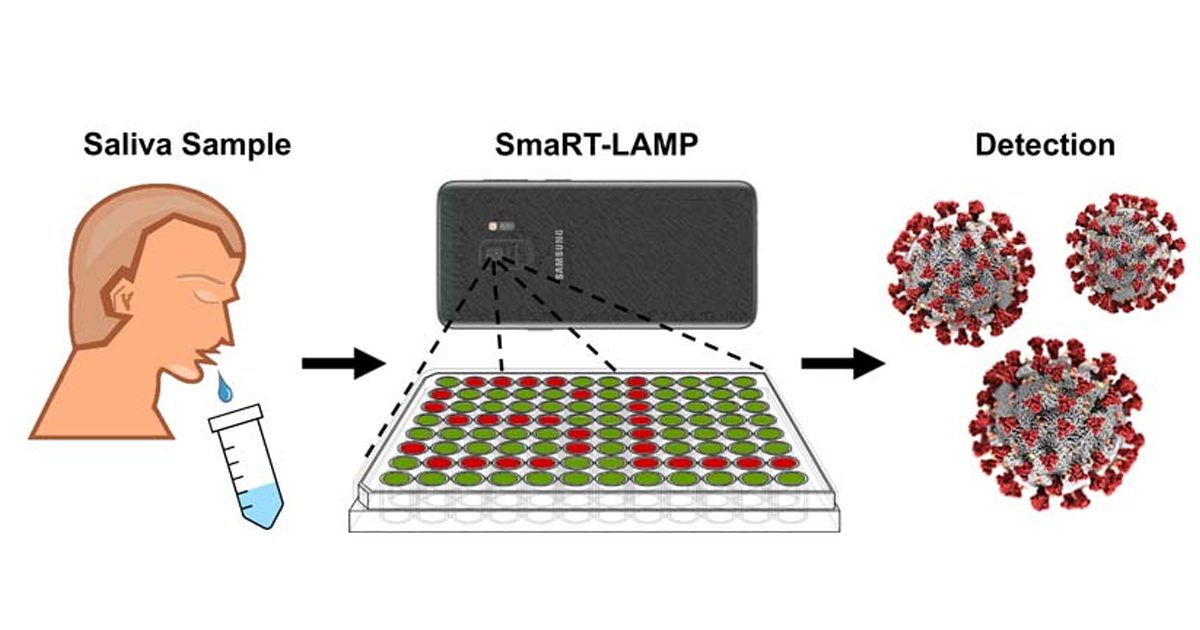The goal of NIH is to develop easy-to-use tools such as smartphone apps, or software that works to identify and track contacts of infected people, or tools for monitoring the health status of infected people.
The National Institutes of Health (NIH) awarded seven contracts to companies and institutions for the development of Digital Health solutions in the context of COVID-19. The United States continues as the country with the highest number of infections and deaths from COVID-19 in the world, so the health services are open to the implementation of Digital Health technologies, with different approaches to prevent, control and monitor infections.
In this way, the National Cancer Institute (NCI) and the National Institute of Bioengineering (NIBIB), selected seven projects within almost 200 proposals. “The tools these organizations plan to develop could allow us to use containment efforts, like COVID-19 testing, social distancing, and quarantine, precisely when and where they’re needed. That might let more people return to less restricted living and reduce the risk of devastating local outbreaks,” said NCI Director Norman Sharpless M.D. He also said that processes are being accelerated to support companies and universities in achieving the goals proposed for the development of innovations.
Bruce J. Tromberg, Ph.D. director of NIBIB, detailed about the tools they seek to develop: “Digital health technologies built around smartphones and wearable devices will play an essential role in guiding us through the COVID-19 pandemic.” “These platforms can acquire large amounts of data from many different sources spanning from testing technologies to sensors. When this information is analyzed using cutting-edge computational and machine learning methods, everyone will have access to powerful new tools for reducing the risk of infection and returning to normal activities,” he concluded.
The NCI awarded USD 306.000.000 for support for serological scientific research and the development of new technologies for COVID-19. Contracts involving the seven projects will be awarded in two phases, first to demonstrate the feasibility of the project, and subsequently, following the evaluation of the results, phase two would provide additional funds for a full development of the program. The total value of the contracts would be USD 22.800.000 and the projects have a period of one year to complete both phases.
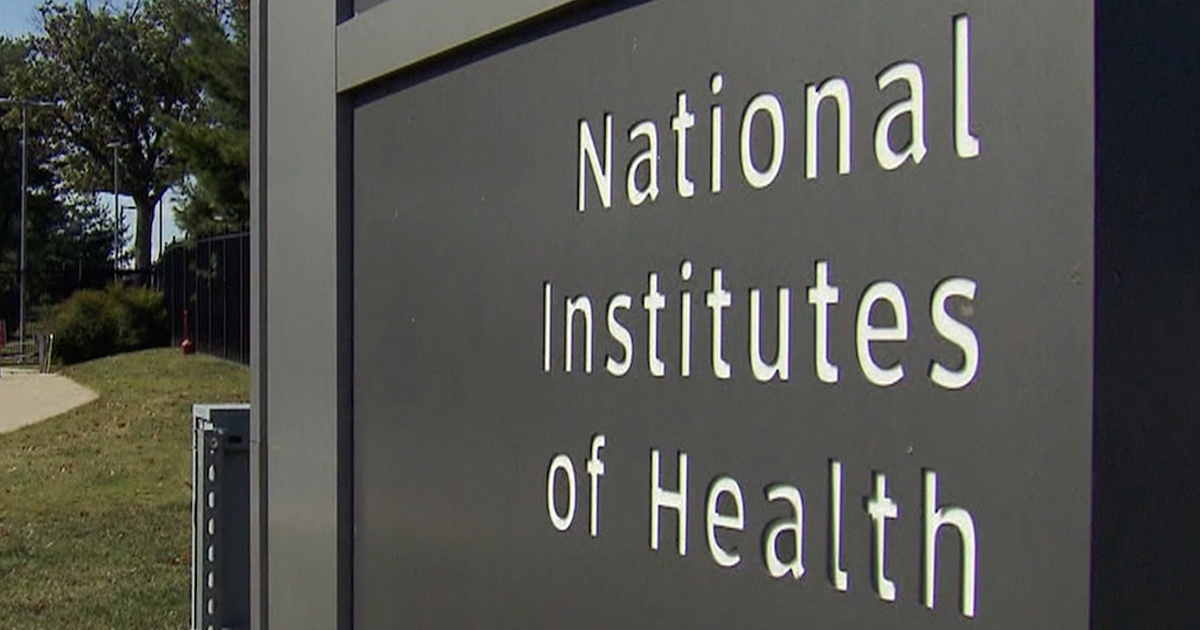
The seven projects are as follows:
Evidation Health, Inc: It is a health measurement platform for analyzing a wide range of patient-consented data, including self-informed data and portable device data, to detect COVID-19 and differentiate it from the flu.
IBM: Proposes an integrated solution that enables contact tracking and verifiable health status reporting, generating key research data that facilitates research.
iCrypto, Inc.: This is a smartphone platform that provides irrefutable evidence of people's testing status, serology and vaccination.
physIQ, Inc.: It is a cloud-hosted platform for data analysis via artificial intelligence. It works to create a custom reference rate that could indicate a change in the health status of patients who have yielded positive COVID-19 results.
Shee Atika Enterprises: : Smartphone-based platform to monitor and support people with COVID-19 symptoms (who may need testing) and those who have already tested positive. The app will integrate a Bluetooth-enabled thermometer and pulse oximeter into an approach designed exclusively for low-resource environments and neglected populations.
University of California, San Francisco: Their proposal is a GPS-based retroactive contact tracking tool to alert users to contact people infected with SARS-CoV-2, identify businesses that were visited by someone who then tested positive for COVID-19, and work with those companies and public health departments on strategies to reduce the spread of the virus.
Vibrant Health: Development of mobile applications, data integrations and validated machine learning algorithms to identify COVID-19 and differentiate it from the flu, and to track contacts using Wi-Fi technologies.

